If you find yourself in an unexpected extreme situation a fundamental understanding of your surroundings can make the difference between life and death, Ninja Wilderness Survival Guide shows you how.
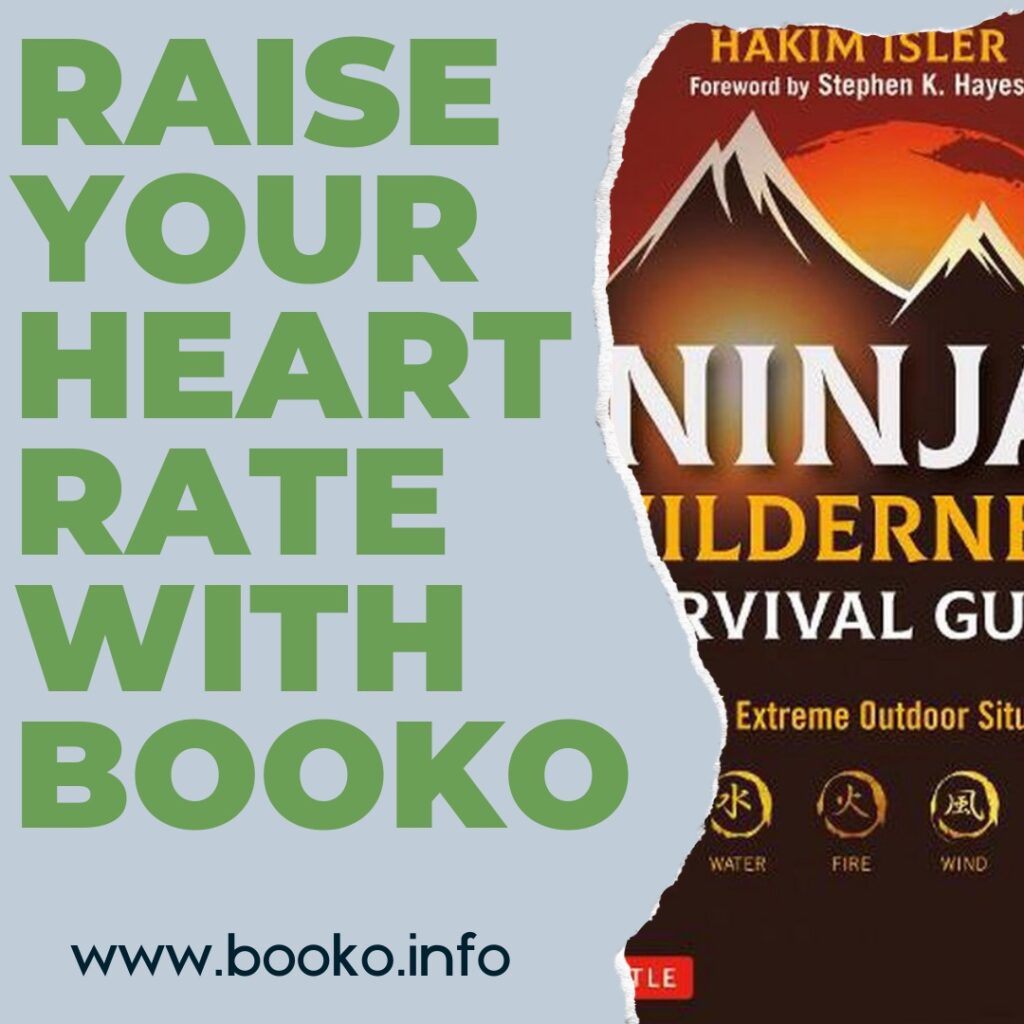
If you find yourself in an unexpected extreme situation a fundamental understanding of your surroundings can make the difference between life and death, Ninja Wilderness Survival Guide shows you how.

How many times do you stop yourself and question why you think like you do? The most common response is ‘hardly ever’. It’s usually not until someone challenges us directly on why we think, or act, like we do that we actually stop to give it some thought. In our household our children are developing their own critical thinking skills and it is them that question us on the logic behind our thoughts. There are so many books on the market that explore logic, mindsets, and reasoning so we thought we’d share six of the newest titles on the market.
The Critical Thinking Toolkit by Galen Foresman
Okay, so this one is a textbook, but boy is it a good one. The Critical Thinking Toolkit is a comprehensive compendium that equips readers with the essential knowledge and methods for clear, analytical, logical thinking and critique in a range of scholarly contexts and everyday situations. It takes an expansive approach to critical thinking by exploring concepts from other disciplines, including evidence and justification from philosophy, cognitive biases and errors from psychology, race and gender from sociology and political science, and tropes and symbols from rhetoric Written in an accessible way, this book leads readers through terrain too often cluttered with jargon Ideal for beginning to advanced students, as well as general readers, looking for a sophisticated yet accessible introduction to critical thinking.
The Art of Logic by Eugenia Cheng
Emotions are powerful. In newspaper headlines and on social media, they have become the primary way of understanding the world. But strong feelings make it more difficult to see the reality behind the rhetoric. In The Art of Logic, Eugenia Cheng shows how mathematical logic can help us see things more clearly and know when politicians and companies are trying to mislead us. First Cheng explains how to use black-and-white logic to illuminate the world around us, giving us new insight into thorny political questions like public healthcare, Black Lives Matter and Brexit. Then she explains how logic and emotions, used side-by-side, can help us not only to be more rational individuals, but also to live more thoughtfully. Filled with useful real-life examples of logic and illogic at work The Art of Logic is an essential guide to decoding modern life.
Livewired by David Eagleman
How can a blind person learn to see with her tongue or a deaf person learn to hear with his skin? What does a baby born without a nose tell us about our sensory machinery? Might we someday control a robot with our thoughts? And what does any of this have to do with why we dream? The answers to these questions are not right in front of our eyes; they’re right behind our eyes. This book is not simply about what the brain is, but what it does. Covering decades of research to the present day, Livewired also presents new findings from Eagleman’s own research, including new discoveries in synaesthesia, dreaming and wearable neurotech devices that revolutionise how we think about the senses.
The Miniature Guide To Critical Thinking Through Concepts and Tools by Richard Paul and Linda Elder
Sometimes you just need a mini-little-book to give you the gist of something rather than a giant textbook. So here’s a gem of a miniature guide that does just that. This miniature guide, which has sold more than half a million copies, and is widely used in teaching and learning for both personal and professional lives. It distills the essence of critical thinking into a 24-page, pocket-sized guide and introduces the interrelated complex of critical thinking concepts and principles implicit in the works of Richard Paul and Linda Elder.
The Beginner’s Guide to Stoicism: Tools for Emotional Resilience and Positivity by Matthew Van Natta
Optimize joy, overcome obstacles-discover the calm of stoicism. Being a stoic means embracing positivity and self-control through the ability to accept the uncertainty of outcomes. With this stoicism guide, the beginner stoic will learn how to take charge of their emotions on the path to sustained happiness and satisfaction.
This easy-to-navigate stoicism guide gives you the emotional tools needed to let go of the things you can’t control and find joy in what you have. Through thought-provoking strategies and exercises, this book helps you find contentment so you can build closer relationships and become an active member of society. This book explores the evolution and history of stoicism and how its principles can help you find peace.
Using Questions To Think by Nathan Dickman
Our ability to think, argue and reason is determined by our ability to question. Questions are a vital component of critical thinking, yet we underestimate the role they play. Using Questions to Think puts questioning back in the spotlight. Naming the parts of questions at the same time as we name parts of thought, this one-of-a-kind introduction allows us to see how questions relate to the definitions of propositions, premises, conclusions, and the validity of arguments. Why is this important? Making the role of questions visible in thinking reasoning and dialogue, allows us to ask better questions, improve our capability to understand an argument, exercise vigilance in the act of questioning, make explicit what you already know implicitly, engage with ideas that contradict our own and see ideas in broader context.
Breathing new life into our current approach to critical thinking, this practical, much-needed textbook moves us away from the traditional focus on formal argument and fallacy identification, combines the Kantian critique of reason with Hans-Georg Gadamer’s hermeneutics and reminds us why thinking can only be understood as an answer to a question.
Enjoy!
How and why we think like we do has been the subject of studies for years and historically left to the world of scholars. These days we are more interested in how our thoughts are shaped, how we can control our thinking and understand where our ideas come from.
We have scoured the literary world and found six fascinating titles that aim to unpack our thinking and challenge us to let go of old ideas and embrace a more open approach to how we play our part in society.
Making Sense by Sam Harris
Sam Harris, neuroscientist, philosopher, podcaster and bestselling author, has been exploring some of the greatest questions concerning the human mind, society, and the events that shape our world. His search for deeper understanding of how we think has led him to engage and exchange with some of our most brilliant and controversial contemporary minds in order to unpack and understand ideas of consciousness, free will, extremism, and ethical living. For Harris, honest conversation, no matter how difficult or contentious, represents the only path to moral and intellectual progress. Featuring twelve conversations from the hit podcast, these electric exchanges fuse wisdom with rigorous interrogation to shine a light on what it means to make sense of our world today.
Human Kind by Rutger Bregman
It’s a belief that unites the left and right, psychologists and philosophers, writers and historians. It drives the headlines that surround us and the laws that touch our lives. From Machiavelli to Hobbes, Freud to Dawkins, the roots of this belief have sunk deep into Western thought. Human beings, we’re taught, are by nature selfish and governed by self-interest. Humankind makes a new argument that it is realistic, as well as revolutionary, to assume that people are good. By thinking the worst of others, we bring out the worst in our politics and economics too. In this major book, internationally bestselling author Rutger Bregman takes some of the world’s most famous studies and events and reframes them, providing a new perspective on the last 200,000 years of human history. From the real-life Lord of the Flies to the Blitz, a Siberian fox farm to an infamous New York murder, Stanley Milgram’s Yale shock machine to the Stanford prison experiment, Bregman shows how believing in human kindness and altruism can be a new way to think and act as the foundation for achieving true change in our society. It is time for a new view of human nature.
Phosphorescence by Julia Baird
Over the last decade, we have become better at knowing what brings us contentment, well-being, and joy. We know, for example, that there are a few core truths to science of happiness. We know that being kind and altruistic makes us happy, that turning off devices, talking to people, forging relationships, living with meaning, and delving into the concerns of others offer our best chance at achieving happiness. But how do we retain happiness? It often slips out of our hands as quickly as we find it. So, when we are exposed to, or learn, good things, how do we continue to burn with them? And more than that, when our world goes dark, when we’re overwhelmed by illness or heartbreak, loss or pain, how do we survive, stay alive or even bloom? In the muck and grit of a daily existence full of disappointments and a disturbing lack of control over many of the things that matter most; finite relationships, fragile health, fraying economies, a planet in peril, how do we find, nurture, and carry our own inner, living light a light to ward off the darkness?
How To Argue With A Racist by Adam Rutherford
Race is real because we perceive it. Racism is real because we enact it. But the appeal to science to strengthen racist ideologies is on the rise and increasingly part of the public discourse on politics, migration, education, sport and intelligence. Stereotypes and myths about race are expressed not just by overt racists, but also by well-intentioned people whose experience and cultural baggage steers them towards views that are not supported by the modern study of human genetics. Even some scientists are uncomfortable expressing opinions deriving from their research where it relates to race. Yet, if understood correctly, science and history can be powerful allies against racism, granting the clearest view of how people actually are, rather than how we judge them to be. This book is a vital manifesto for a twenty-first century understanding of human evolution and variation, and a timely weapon against the misuse of science to justify bigotry.
The Great Guide by Julian Baggini
Invaluable wisdom on living a good life from one of the Enlightenment’s greatest philosophers David Hume (1711–1776) is perhaps best known for his ideas about cause and effect and his criticisms of religion, but he is rarely thought of as a philosopher with practical wisdom to offer. Yet Hume’s philosophy is grounded in an honest assessment of nature—human nature in particular. The Great Guide is an engaging and eye-opening account of how Hume’s thought should serve as the basis for a complete approach to life. In this enthralling book, Julian Baggini masterfully interweaves biography with intellectual history and philosophy to give us a complete vision of Hume’s guide to life. He follows Hume on his life’s journey, literally walking in the great philosopher’s footsteps as Baggini takes readers to the places that inspired Hume the most, from his family estate near the Scottish border to Paris, where, as an older man, he was warmly embraced by French society. Baggini shows how Hume put his philosophy into practice in a life that blended reason and passion, study and leisure, and relaxation and enjoyment. The Great Guide includes 145 Humean maxims for living well, on topics ranging from the meaning of success and the value of travel to friendship, facing death, identity, and the importance of leisure. This book shows how life is far richer with Hume as your guide.
Letters From A Stoic by Donald Robertson
Lucius Annaeus Seneca is one of the most famous Roman philosophers. Instrumental in guiding the Roman Empire under emperor Nero, Seneca influenced him from a young age with his Stoic principles. Later in life, he wrote Epistulae Morales ad Lucilium, or Letters from a Stoic, detailing these principles in full. Seneca’s letters read like a diary, or a handbook of philosophical meditations. Often beginning with observations on daily life, the letters focus on many traditional themes of Stoic philosophy, such as the contempt of death, the value of friendship and virtue as the supreme good. Using Gummere’s translation from the early twentieth century, this selection of Seneca’s letters shows his belief in the austere, ethical ideals of Stoicism, teachings we can still learn from today.
Enjoy!
In the face of ever-increasing demands in life we often find ourselves giving in to demands. Setting Boundaries guides our recalibration to help reset our health and wellbeing.
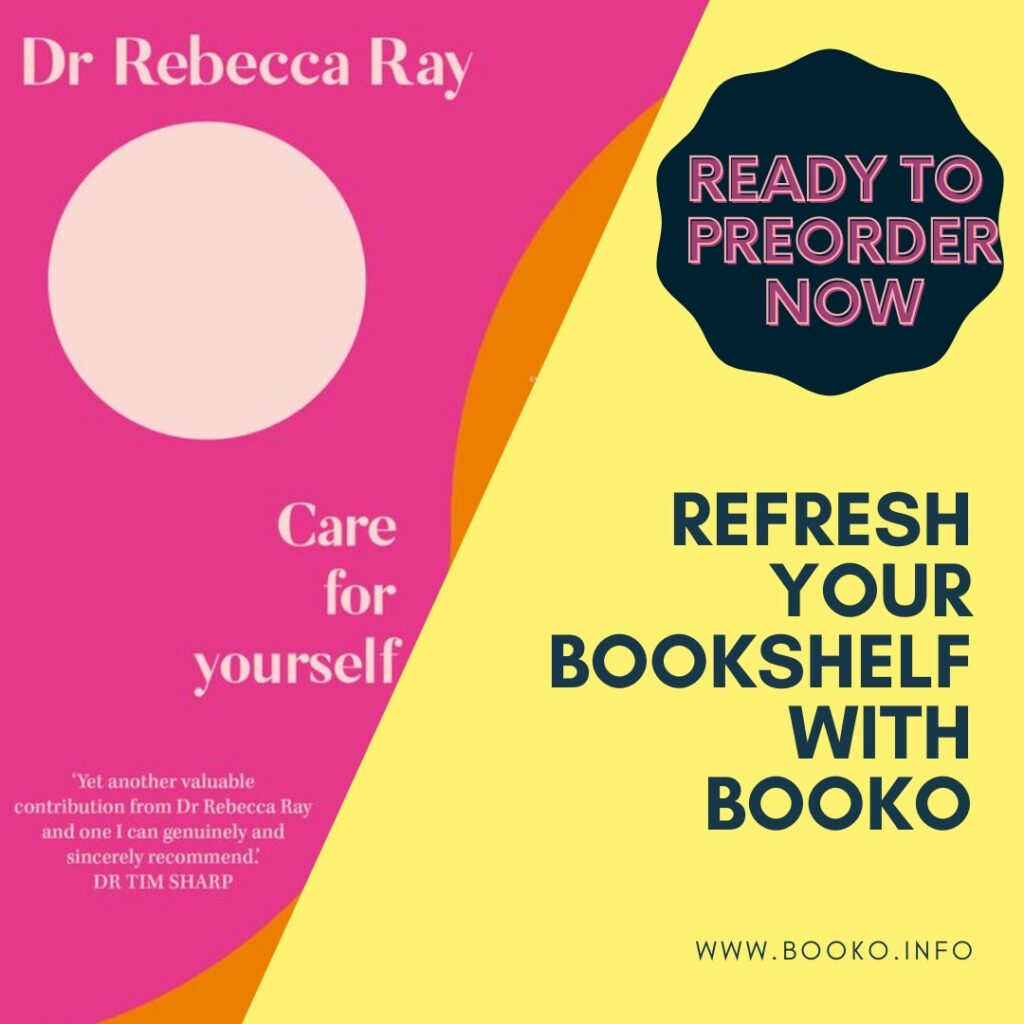
This one is for the interior lovers and colour enthusiasts. Vivid: Style in Colour is an interiors book celebrating the influence of colour in the world of design and our everyday lives. Click through to pre-order a copy now.
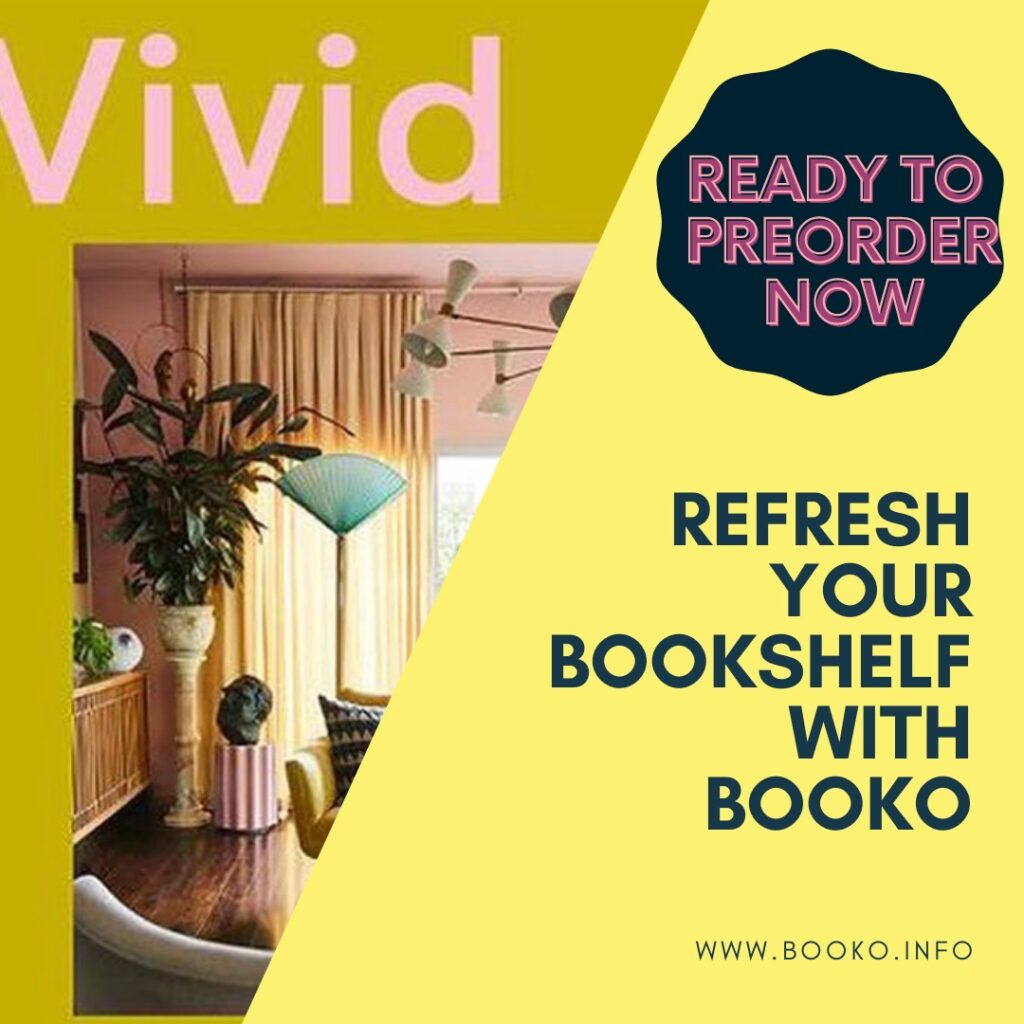
The New Climate War shows how fossil-fuel companies have waged a thirty-year campaign to deflect blame and responsibility and to delay action on climate change, and offers a battle plan for how we can save the planet.
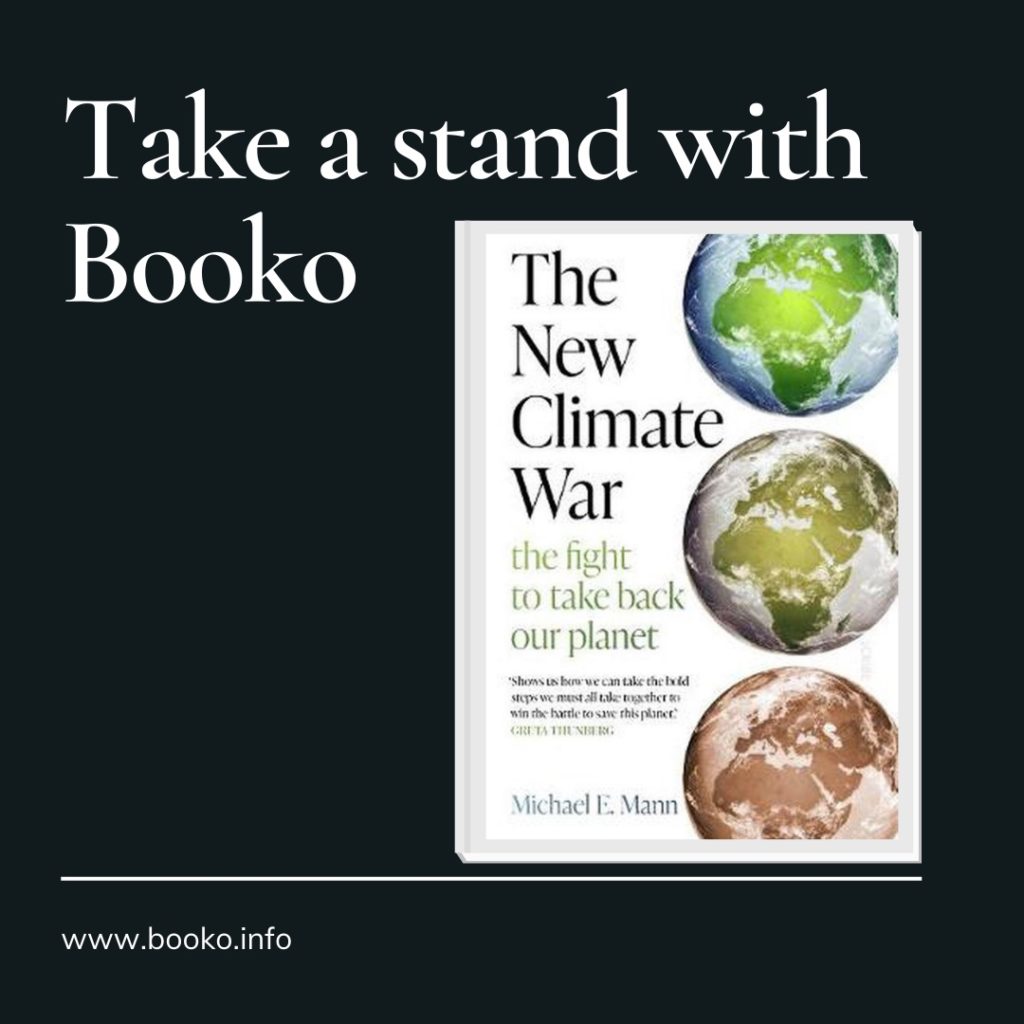
From ice-cold punches through to warming winter serves, Gin O’Clock proves it’s always a good time for gin, no matter what the season.
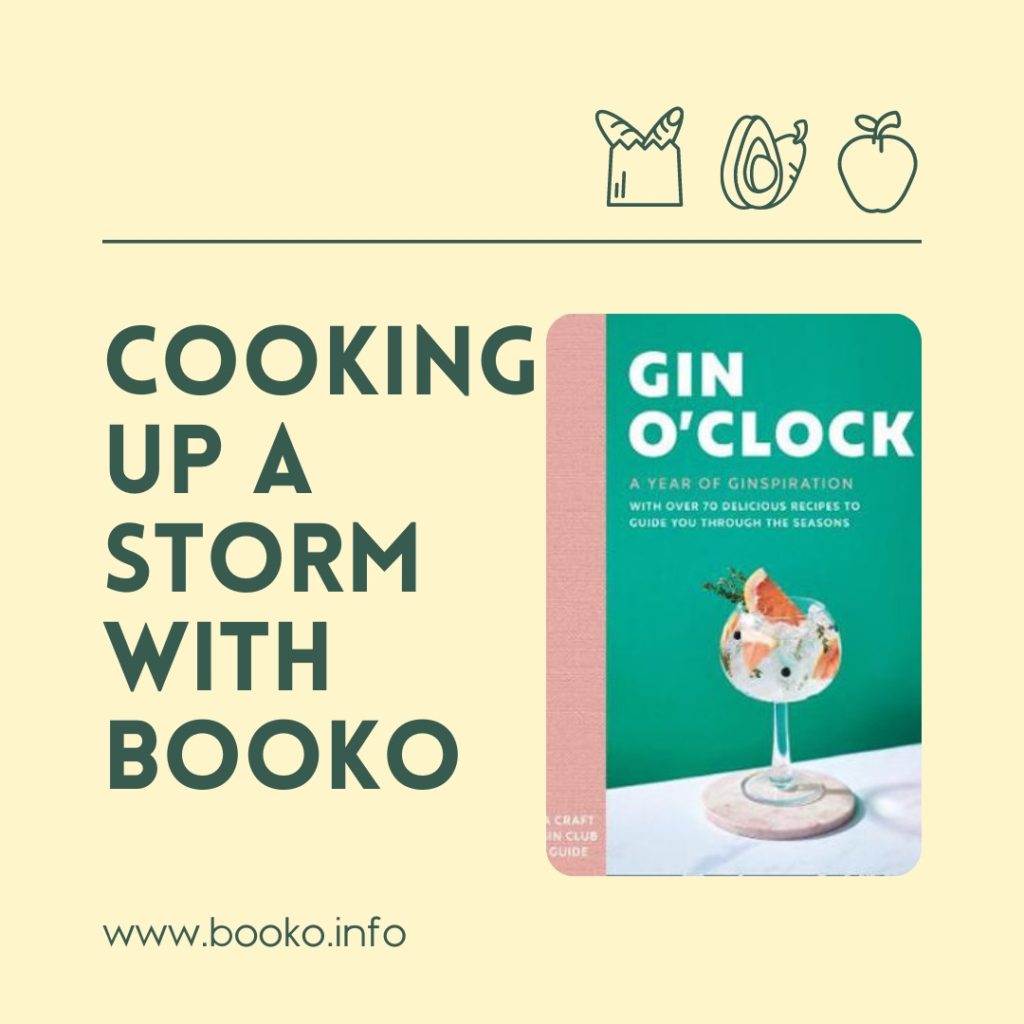
Mother’s Day is next weekend here in Australia and we have been scouring the internet for goodies to wrap and gift mum. For many, next Sunday will mark their first Mother’s Day so we thought we’d offer some suggestions to give the sleep deprived, I’m-still-getting-used-to-this, did-I-mention-I-was-tired new mum.
Sit back and get ready to click because these books offer kind advice, laughs and much needed insights and are way better than any soap or candle… though may come in second to catching up on sleep.
Letters on Motherhood by Giovanna Fletcher
From the author of the number 1 bestseller Happy Mum, Happy Baby, and the chart-topping podcast of the same name, comes a beautiful collection of heartfelt letters written to her three young sons, her husband and the family and friends who have inspired and supported her to become the mother she is today. In this beautiful book Giovanna shares touching personal tales of her own family life whilst also reflecting on deeper universal truths of parenting, from coping with mum guilt and finding a work / life balance to positive body image and a parent’s hopes for their child’s future.
#IMomSoHard by Kristin Hensley and Jen Smedley
Has it been months since you’ve read a book with actual adult words that had nothing to do with farm animals or superheroes or going potty? Well then, it’s time to take a break. Pour yourself some wine. Put on your comfy pants. All good? Ok, welcome to the party.
Kristin Hensley and Jen Smedley, the creators of #IMOMSOHARD, know that you probably didn’t get to shower today and that the last thing you need is more advice on how to be a better parent. Instead, they invite you to join their laugh-out-loud, best friend banter on the eighty bajillion ways moms give their all every day. Come for the laughs, stay for the kinship with two friends who are just getting it right, getting it wrong, and leaning on each other for a laugh at the end of the day. They don’t care if your house is a mess and they won’t judge you if you pee a little when you sneeze. So kick back, relax, and enjoy. You deserve it.
Mama Rising: Discovering the New You Through Motherhood by Amy Taylor-
Kabbaz
Are you struggling to figure out who you are now that you’re a mama? Do you feel like you’re coming last in your own life? Do you feel guilty for not loving every moment of this motherhood gig? As someone who used to put themselves last, doing everything she thought was ‘right’ for her children and family, but not really listening to what her body and her spirit was begging for, Amy understands first-hand the overwhelm and complex range of emotions that mothers face. Amy’s background as a journalist set her on the path to uncover all that she could about the latest research on matrescence, the transition a woman undergoes when she becomes a mother. She now shares what she’s learned in the hope that it will help you navigate this stage of your life. Mama Rising includes interviews with experts, case studies and Amy’s own tried-and-tested advice on how to reconnect with the woman you are underneath all that washing, cleaning and caring. Full of useful and empowering insights that will help you change the way you feel about motherhood, and yourself, so you and your whole family can flourish.
Grace Mothers: Letters to Our Children by Georgie Abay, Julie Adams, Claire
Brayford
This beautiful coffee table book is both an intimate insight into the joys and tribulations of motherhood and a celebration of mothers and their children everywhere. Some 60 eminent women, from Australia and around the world, have written heartfelt letters to their children. Inspiring, occasionally surprising, often funny and frequently poignant, they capture the essence of what motherhood means for each writer. Brought to you by Georgie Abay, former Australian Vogue deputy editor and founder of go-to website for style-conscious mothers and renowned fashion and portrait photographer Julie Adams, The Grace Tales, Grace Mothers features such luminaries as Australian actress Teresa Palmer, British journalist Pandora Sykes, Australian designer Collette Dinnigan, US journalist, author and advocate Gretchen Carlson, and UK financier and campaigner Dame Helena Morrissey. With a foreword by Australia’s former Governor-General, Dame Quentin Bryce, and gorgeously evocative photographs throughout, Grace Mothers is a book to cherish forever.
The Little Book of Mum Hacks by Kate Murnane
Packed with over 150 life-changing tips, tricks and hacks, this little book will help make your home happier and your life easier. Whether you’re a mum-to-be or have children already, this practical guide contains everything you need to know about savvy parenting (and will wish someone had told you sooner!). From tips on cleaning and tidying to cooking and playing, plus with a section dedicated to those first few months taking care of a newborn, these small everyday changes will help keep you sane and your children happy, calm and healthy. Illustrated with cute line drawings throughout and a beautiful gold foiled hardcover, this is a lovely gift for all mums.
The Motherhood: Australian Women Share What They Wish They’d Known
About Life With A Newborn by Jamila Rizvi
‘Welcome to The Motherhood, my dear.’ After her son was born, Jamila Rizvi felt isolated, exhausted and confused. While desperately in love with her new baby, the world she’d known had disappeared overnight and so had her sense of self. Jamila’s salvation came in the form of a letter. A dear friend, Clare Bowditch – who had been there herself – wrote to tell Jamila she would get through this. Her comforting words reassured Jamila that she was seen, that she was supported and that she was not alone. Now Jamila wants to pay it forward to the next generation of new mothers. The Motherhood is a collection of letters from some of Australia’s favourite women, sharing what they wish they’d known about life with a newborn. Coming from writers with a diverse range of backgrounds and experiences, no two stories are alike, but all are generous, compassionate and deeply honest. As the old adage goes, ‘It takes a village to raise a child’ and it also takes a village to properly support a new mother. Here is your village. These sisters (with babes) in arms are here to share the joy, the fear, the love, the laughter, the tears and the frustration, and to hold your hand in the dark. Together, they will give you the strength and courage to find your feet as a new mum.
Enjoy!
There’s a simple and powerful way to confront the world’s most pressing crises, says women’s rights activist Yifat Susskind: think like a mother.
“When you think like a mother, you prioritize the needs of the many, not the whims of the few”